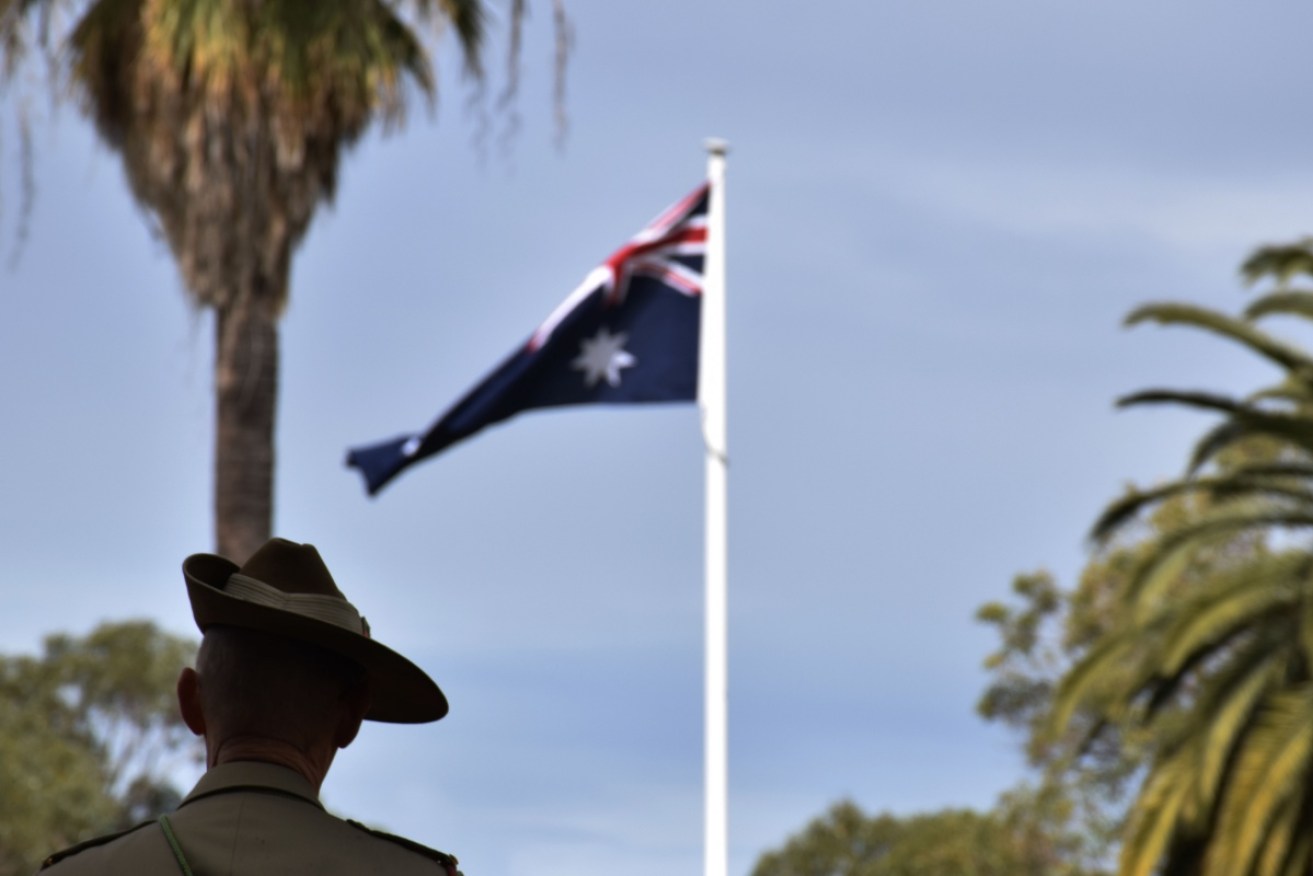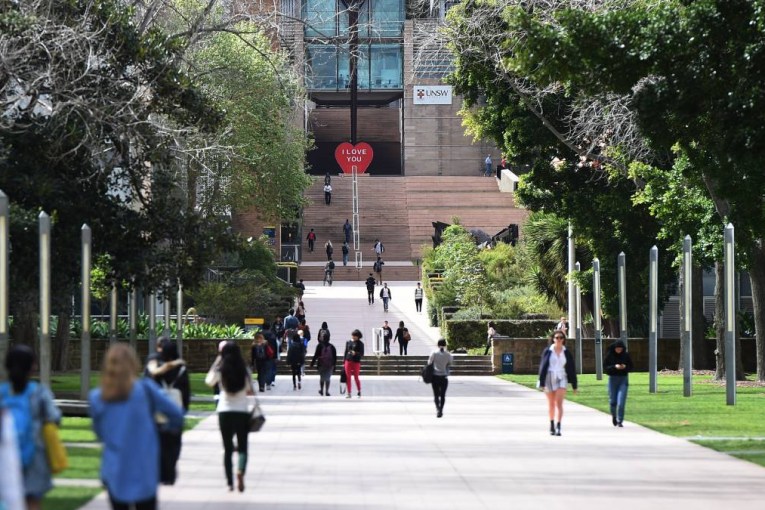Labor calls on government to respond to drug trials on troops


ADF personnel deployed in Timor-Leste and PNG say they have been denied adequate help. Photo: Getty
Labor has accused the government of stalling its response to anti-malarial drug trials on troops, who say they’ve suffered debilitating symptoms for 20 years.
Australian Defence Force personnel took quinoline drugs mefloquine (known as lariam) and tafenoquine while deployed to Timor-Leste and Bougainville in Papua New Guinea between 1999 and 2002.
A Senate inquiry last year heard from veterans who have since suffered a range of symptoms, including memory loss, vertigo, migraines, nightmares, hearing and vision loss, irritable bowel syndrome, aggression and suicidal thoughts.
On Monday, the Labor spokesperson for veterans affairs, Amanda Rishworth, called on the government to immediately respond to the Senate committee’s 14 recommendations.
In December, Veterans Affairs Minister Darren Chester said the government would respond early this year.
A spokesperson for Mr Chester on Monday said the government was still considering the recommendations.
“The government acknowledges the interest of the veteran community and is carefully considering its response.”
Last year, affected veterans said they were disheartened by the bipartisan report and questioned the veracity of the inquiry.
The Senate committee accepted their symptoms as genuine but made no findings on the causes of the health issues.
“We’re basically back to square one again,” Colin Brock, who was deployed to Timor-Leste in 2000 and served for 20 years, told The New Daily at the time.
“It’s pretty disheartening.
“The government has looked like they’re doing something but it has actually, I believe, been a whole waste of time.”
Labor said the “inquiry provided a transparent and thorough investigation into the concerns of the use of quinoline anti-malarial drugs in the ADF”.
“However, three months later and the government have been on the go-slow to respond to this critical report and its 14 recommendations,” Ms Rishworth said on Monday.
“Many of those in the serving and ex-service community have been eagerly anticipating the government’s response to this critical report and making them wait three months is not good enough.
“This is a government quick to act when it thinks it can get a headline – so the inaction has to be deliberate.”
Most of the affected veterans wanted a royal commission, for GPs to be properly educated about the trials, and for every one of them to receive gold cards to help them access treatments.
Many of them have been diagnosed with post-traumatic stress disorder but believe they actually have acquired brain injuries from toxicity and need rehabilitation.
They struggle to access the help they want from the Department of Veterans Affairs because it doesn’t match their diagnoses.
An internal inquiry into the mefloquine trial by the ADF Inspector-General in 2016 found it was carried out ethically and according to national guidelines.
The Repatriation Medical Authority found there was insufficient evidence that exposure to the drugs caused acquired brain injury, a finding supported by a September review by the Specialist Medical Review Council.
The Department of Defence said mefloquine, which is registered by the Therapeutic Goods Administration, is prescribed to about 10,000 Australians a year.
The ADF uses mefloquine as its third anti-malarial option.
The TGA is considering tafenoquine for registration. Defence will consider using if it becomes registered.
DVA recently hosted consultation forums across the country.
Contact the DVA’s mefloquine hotline on 1800 633 567.
Open Arms Veterans and Families Counselling can be contacted 24/7 on 1800 011 046.
If you need help, call Lifeline, 131 114.







